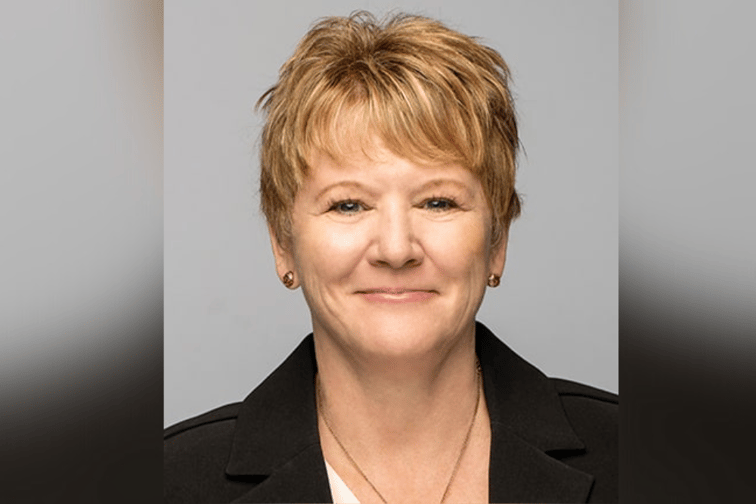

Inflation and supply chain delays are having an immense impact on claims adjusters across Canada. Not only are these trends increasing the cost and lifecycle of claims, but they’re also wearing claimants’ patience thin, leading to more confrontation and stress for already physical and mentally-drained adjusters, according to Heather Matthews (pictured), chief client officer at Crawford & Co Canada.
Chatting with Insurance Business at the recent RIMS Canada conference in Halifax, Matthews shared several data points on repair costs and claim cycle times, compiled through Crawford's Contractor Connection, which is the largest independently-managed network of contractors servicing the insurance industry.
“We're definitely seeing delays on the property claim side, especially in Ontario, which of course has a big population,” she said. “Rebuild costs are up 7.2% in Ontario. The highest increase [in rebuild costs] is in New Brunswick, which is up 10.5%. When you think about that on the indemnity of a claim, it adds up a great deal – especially after catastrophes, when we’re not talking about a property claim here or there, but we’re talking about thousands of property claims at one time.
“[The cost of] roofing claims, which are common in Canada because of hailstorms and windstorms (which we’ve had a few of lately), are up 21% from July 2021-July 2022, and drywall is up by 9.8%. Through Contractor Connection, we have decades of [data], and we’ve been digging into that data to understand the year-over-year trends.”
In August 2021, Crawford acquired edjuster, a technology-driven field and desktop contents claims handling solutions company, which offers a contents inventory and valuation solution for both high severity complex claims and high-volume, small claims. Through this acquisition, Crawford now has more robust contents data to share.
“Food spoilage claims – we don’t see a lot of claims for food, but they come when there are power outages – costs are up 14%, while appliances and electronics are up 7%, and furniture is up 16%. All of those things – if you’ve got a total loss on your house, they add up,” said Matthews. “And there are long delays if you’re trying to rebuild your entire house. We’ve seen that in the auto space as well, where there are huge delays in getting parts, and people are so frustrated.
“People’s resilience has worn thin. They’ve been stressed for over two years due to the pandemic, and now they have an auto claim, which is a very stressful situation, and we or the body shop are telling them: ‘We can’t get that part for three months.’ They might have rental coverage, but maybe only for 20 days, not three months. So, there’s a lot of frustration out there, and people are taking it out on the adjusters, which is really unfortunate because we can’t control the supply chain.”
As a claims management company, Crawford has a lot of metrics it must abide by with its insurance partners – including the cycle time or shelf life of a claim. Matthews commented: “It’s out of our control, as far as the cycle time, so we’re having to ring-fence some of these things, as far as our data goes, because we’re hoping this is not long-term trend, and is just a short-term blip.”
As the COVID-19 pandemic has triggered supply chain delays and economic inflation – the likes of which we haven’t experienced for many years – there’s been a snowball effect on the claims adjusting industry, which has been “stressful on our staff,” said Matthews. To help its employees through these challenging times, Crawford has invested in extra training and mental health workshops for staff members via a dedicated psychological health and safety team.
“Inflation and the supply chain delays are really challenging, not just from a cost perspective, but due to people’s frustration levels,” Matthews told Insurance Business. “We've spent a lot of time and energy on mental health for our staff over the last two years. We’ve invested in it, and we’ve created a psychological health and safety team, which is something you never would have seen before the pandemic.”
